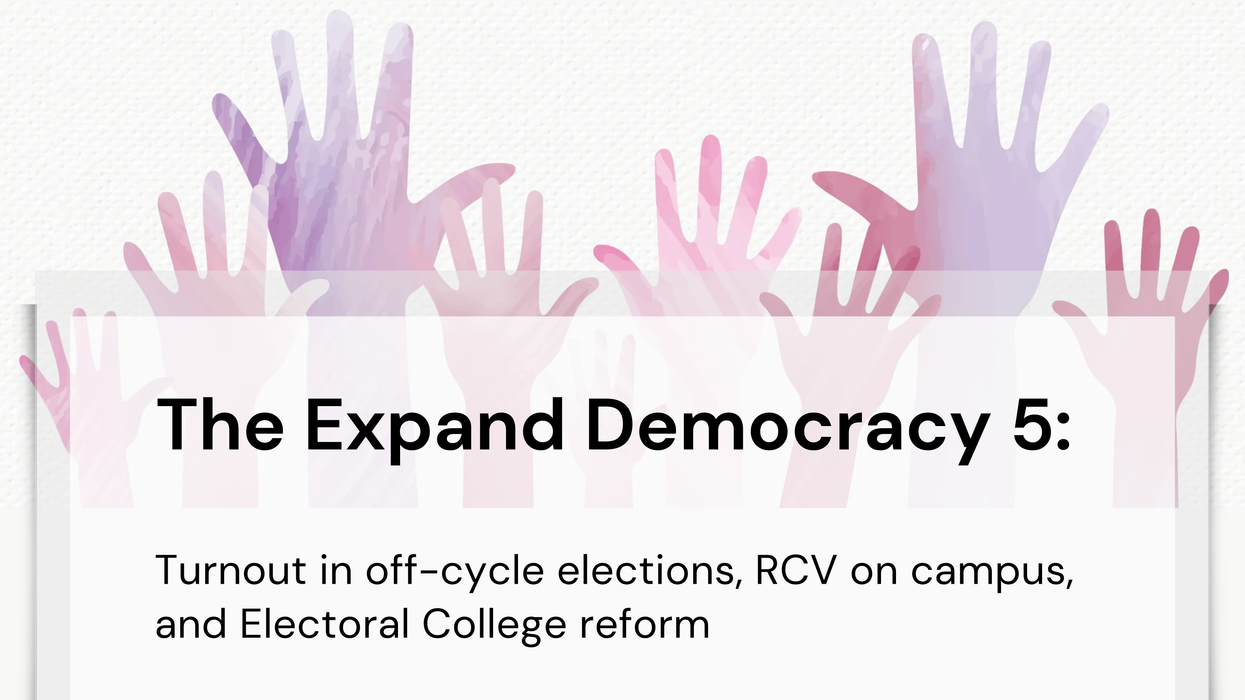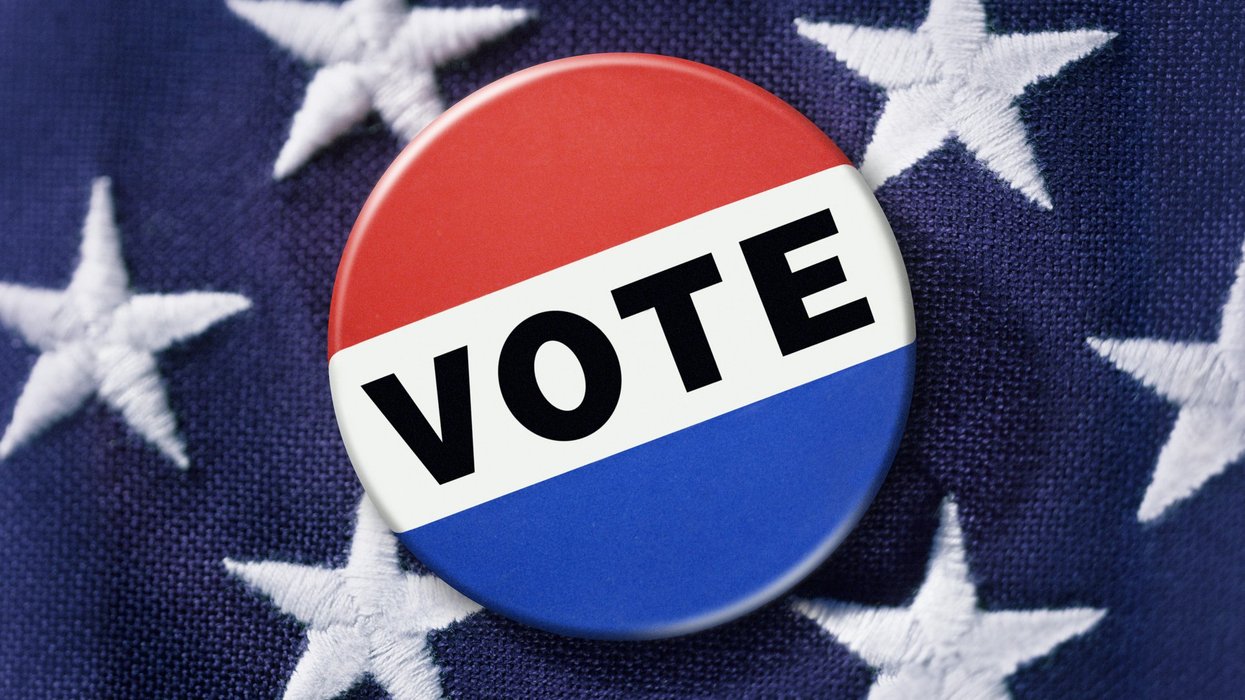The start of September marks a grim new chapter for the Federal Election Commission.
With Vice Chairman Matthew Petersen departing at the end of last month, the commission no longer has the minimum number of members required to carry out most of the FEC's basic responsibilities as the watchdog and regulator of federal campaign finance activity.
There are six seats on the commission, but two of them have been vacant since soon after President Trump took office. With Peterson's resignation, after 11 years on the job, the commission has lost its four-person quorum — and also the potential for the four votes necessary to take even the most anodyne, bipartisan action.
Without a quorum, the FEC cannot:
- Hold its regular public meetings.
- Determine violations of campaign finance laws and subsequently penalize or fine candidates or political committees.
- Conduct its routine audits of presidential candidate fundraising and spending.
- Issue advisory opinions when politicians or political action committees ask about the boundaries of their behavior.
- Open new investigations or rule on already existing ones.
- Vote on new rulings.
Although the FEC is stalled on these core functions, it has not completely shut down. It can still:
- Receive complaints on infractions and ruling recommendations from the general counsel.
- Accept contribution and spending reports from political committees.
- Continue access to and upkeep of campaign finance data through the FEC's website.
- Assist political committees, the press and the public with campaign finance-related questions.
The FEC will continue in this dysfunctional state until Trump nominates and the Senate confirms at least one new commissioner.
That means the next several crucial months in the 2020 campaign — when the Democratic presidential field will get winnowed and many of the bellwether Senate and House contests will get started — will occur without the candidates or outside groups getting any money-in-politics oversight.
Sign up for The Fulcrum newsletter
Absent an unanticipated breakthrough, the entire 2020 election could be left vulnerable to campaign finance malefactors, unchecked by even a subdued FEC. (Such was the case for most of 2008, the last time the agency lacked a quorum.)
The president has only chosen one person — Trey Trainor, a Republican and Trump-supporting Texas attorney — but the Republican-majority Senate has done nothing to advance that nomination since it was sent to the Capitol two years ago.
Historically, presidents have typically submitted pairs of candidates, one from each party, for the Senate's consideration. The FEC may not have more than three commissioners of the same party — a requirement that, while designed to make sure the agency would not become a venue for blatant partisan punishment, has instead resulted in almost total gridlock even when all the seats are filled.





















